The Sterling Racism Scandal: What About Associating With Muslim People?
L.A. Clippers owner Donald Tokowitz Sterling has a long history of discriminatory practices.

This post originally ran on Juan Cole’s Web page.
LA Clippers owner Donald Tokowitz Sterling is alleged to have told Maria Vanessa Perez (“V. Stiviano”) off for putting up an Instagram photo of herself with Magic Johnson: “It bothers me a lot that you want to broadcast that you’re associating with black people.” He denies the charge. But Sterling has a long history of discriminatory practices, and had to settle an action brought by the Feds against him for allegedly declining to rent to African Americans in Beverly Hills or Latinos in Koreatown in Los Angeles. He is also alleged to have made derogatory comments about both ethnic groups.
Sterling’s alleged remarks have provoked a firestorm of controversy and drew a rebuke from President Obama. He is seen as hypocritical, since most players in the National Basketball Association, from whom he makes money, are African-American. It might also be pointed out that as the son of Jewish immigrants, Sterling’s own family would have faced prejudice and discrimination in the 1930s and 1940s in the US. Sterling presumably changed the family name from Tokowitz to Sterling precisely for this reason.
Sterling’s remark is offensive because he is admitting to not wanting to associate (or at least admit associating) with a whole class of people. Some individuals are douchebags. But all statements of the form “x ethnic group is x [lazy, hotheaded, smelly, etc.]” are not only false but demonstrate prejudice (they “pre-judge” a whole group of people based on arbitrary signs of identity such as language or skin color).
As the nation discusses how inappropriate is the statement attributed to Sterling, it is worth raising the question of whether the outrage would be as deeply felt if he had said something like that about Arab Americans or Muslim Americans. These two groups are among the last toward whom it is still permitted to display open discrimination, and that isn’t right.
In one 2007 opinion poll, 31 percent of Americans said that they did not want to live next to a Muslim (though that fell to 10 percent if they actually knew any, like, real live Muslims.)
Isn’t that like saying, “it bothers me a lot that you want to broadcast that you are associating with Muslims?” Isn’t that what having one as a neighbor is, a form of association?
A 2010 poll found that Muslims are more likely than Jews, Mormons and atheists to report that they have experienced prejudice (some 48% say that).
A CNN poll in 2011 found that fully half of Americans would not like to live next to a mosque.
Some 41% said that they would not be comfortable if they found out that a Muslim was teaching their children in school.
There isn’t any difference between these widely reported poll results and what Sterling said about associating with African Americans.
Only when Muslim-hating is as offensive to Americans as other forms of bigotry will true American values prevail.
Independent journalism is under threat and overshadowed by heavily funded mainstream media.
You can help level the playing field. Become a member.
Your tax-deductible contribution keeps us digging beneath the headlines to give you thought-provoking, investigative reporting and analysis that unearths what's really happening- without compromise.
Give today to support our courageous, independent journalists.
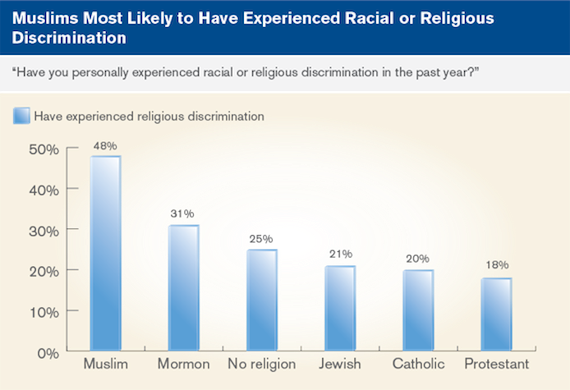

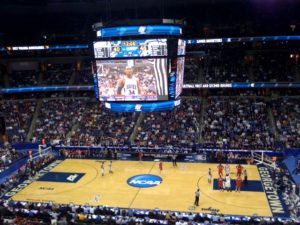
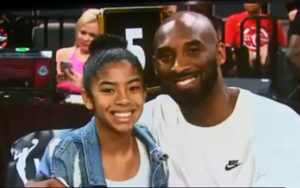
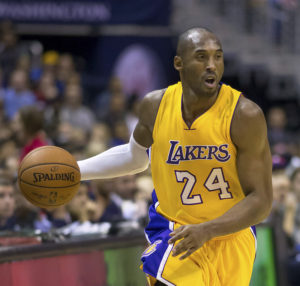

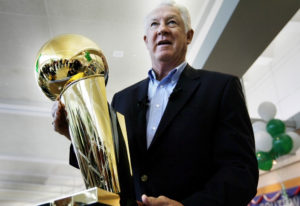
You need to be a supporter to comment.
There are currently no responses to this article.
Be the first to respond.